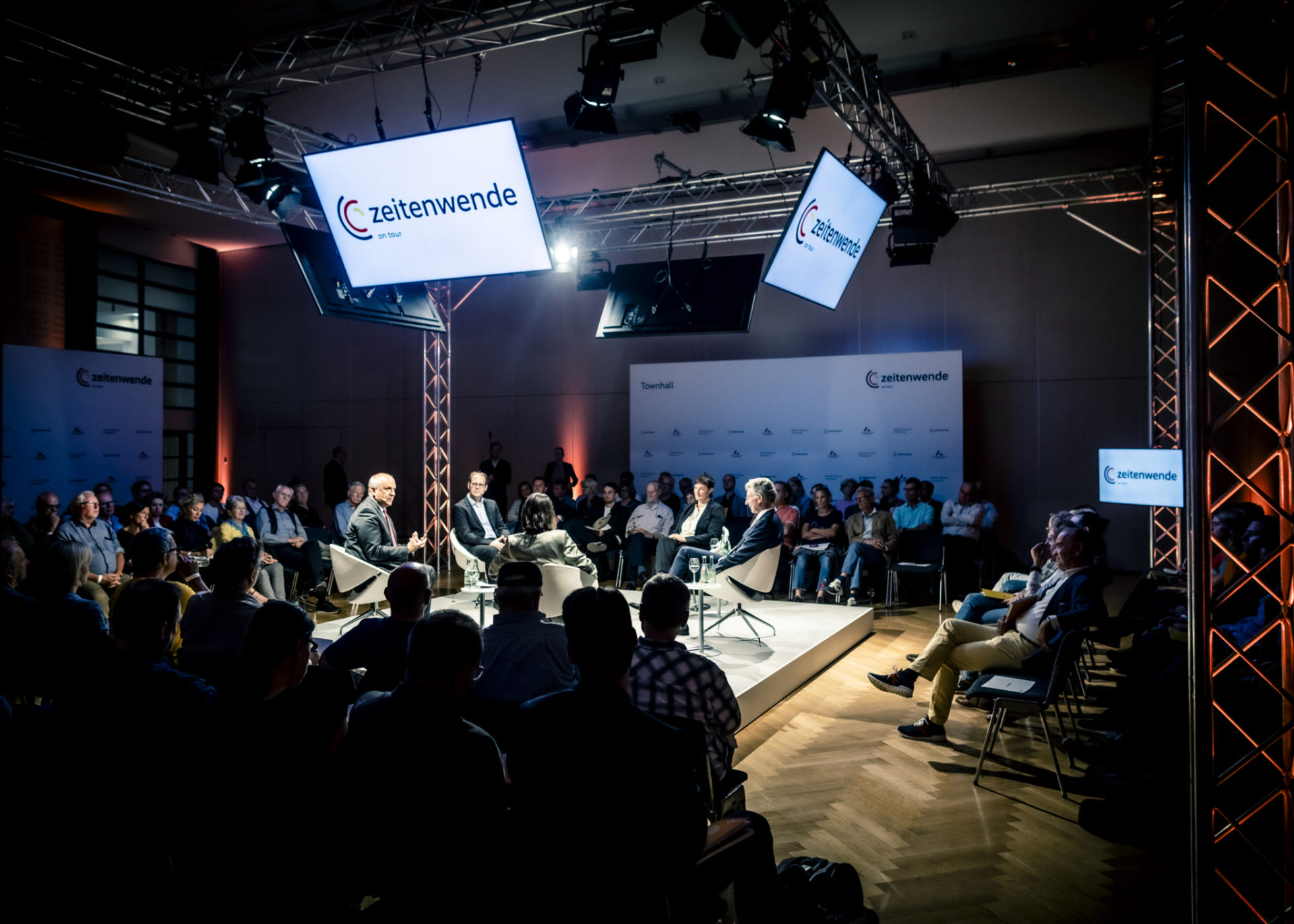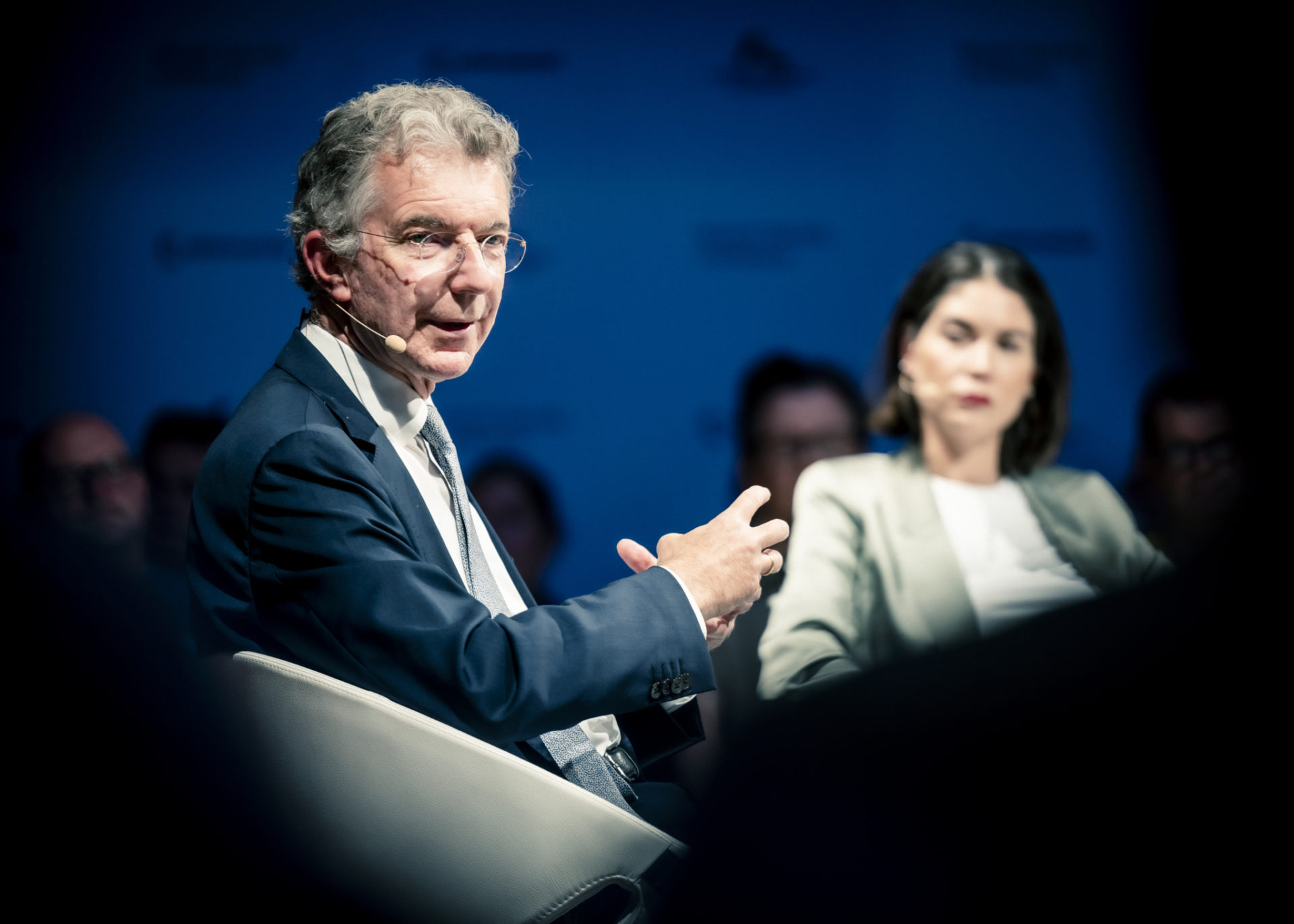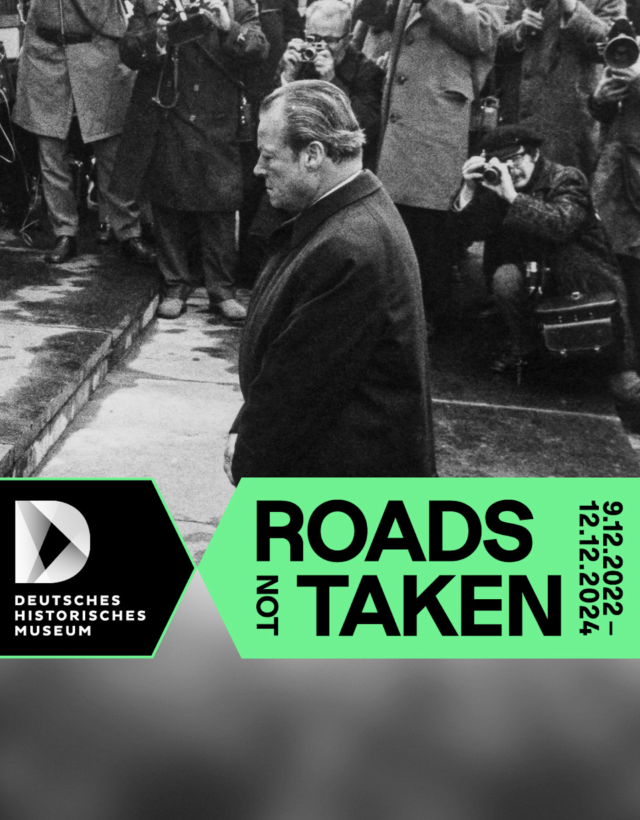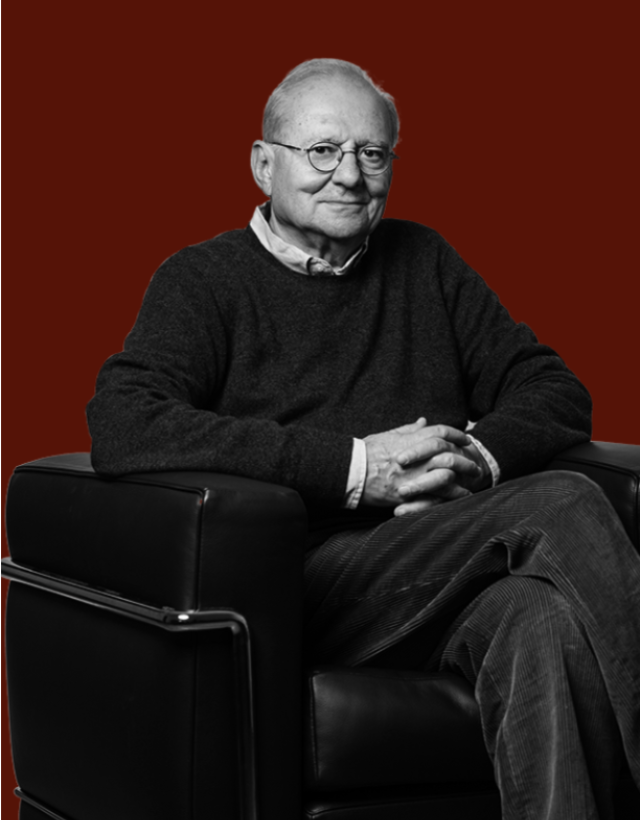War is raging in Ukraine, the situation in the Middle East is escalating and here in Germany, too, citizens are realising that the stability they once enjoyed is all but gone. This triggers new questions, the answers to which present politicians with dilemmas: How much is the defence of our prosperity and security worth to us? Do we have the necessary resources and suitable knowledge to adapt to these new challenges?
Precisely these questions were addressed on 18 September in Hofheim im Taunus. The Munich Security Conference invited the general public to the “Zeitenwende on tour” format, supported by the Alfred Landecker Foundation, to discuss security policy and its societal implications with experts from politics, academia, civil society and the press.

Close to 100 people responded to this invitation. The audience was welcomed by Christoph Heusgen, Chairman of the Munich Security Conference. In a panel chaired by The Pioneer’s chief correspondent Karina Mössbauer, he discussed with Roman Poseck, Minister of the Interior of the State of Hesse, Prof Dr Nicole Deitelhoff, Director of the Leibniz Institute for Peace and Conflict Research, and Sven Weidlich, Frankfurter Neue Presse Desk Chief.
After just 20 minutes, however, the microphone was passed to the audience, leaving ample time and space to the guests to ask the experts their questions and address their concerns.
Insight 1: People have become acutely aware of the Zeitenwende announced by Germany’s Chancellor, Olaf Scholz
“We sense that the situation is serious. Why has so little action followed the Chancellor's speech, why are we discussing trivial matters so extensively instead?” was the first question from the audience. Peace and conflict researcher Nicole Deitelhoff provided the following assessment: “The government is losing the courage to address difficult issues in polarised times. This is certainly due to the concern of losing more votes to the political fringes.”
Insight 2: Hybrid attacks and disinformation campaigns have become part of everyday life in Germany too.
“Do our political leaders even have the necessary technical expertise to be able to react to these attacks?” asked a mother from the audience in a question directed at Hesse’s Minister of the Interior Roman Poseck. He replied: “We are concerned about the increase in hybrid attacks, because they are attacks seeking to destroy our political stability and our resilience — and we are still not reacting quickly and decisively enough.” At the same time, he noted that more and more resources are being invested in education and training, and cyber defence centres are being set up.
Insight 3: There is still a lot of catching up to do with regard to fact-based political communication on social media platforms.
“What are you doing to avoid losing young people my age to the populist AfD and the Sahra Wagenknecht alliance?” one pupil wanted to know from Poseck. She added that her peers got their information exclusively from TikTok — traditional media outlets no longer played a role. “This is not an easy task for us,” said both Hessen’s Minister of the Interior and Sven Weidlich, desk manager at the Frankfurter Neue Presse newspaper. “We haven't yet found good and convincing answers as to how we can reach this group via TikTok and Instagram without making fools of ourselves,” admitted Poseck. He emphasised that politicians need to become more active on the relevant social media channels in order to counter the flood of misinformation and targeted disinformation. When an older gentleman from the audience called for “simply banning these platforms”, the student responded with an incredulous smile.

Insight 4: Democracies are sluggish, but more efficient and peaceful.
Another member of the audience asked whether democracy had now become a competitive disadvantage in the debate with autocratic systems. “Of course, everyone realises that discussions and decisions are tough processes here — and that the compromises negotiated often leave many people dissatisfied,” admitted Christoph Heusgen, Director of the Munich Security Conference. At the same time, he wondered who would be prepared to live in an autocracy and still dare voice dissenting opinions there. Nicole Deitelhoff added that the research was clear: democracies perform better economically in the long term and are less likely to wage war.
Find out more about "Zeitenwende on tour" here.


